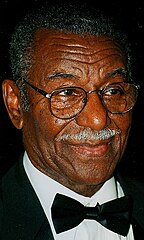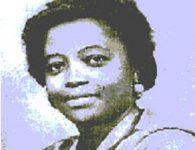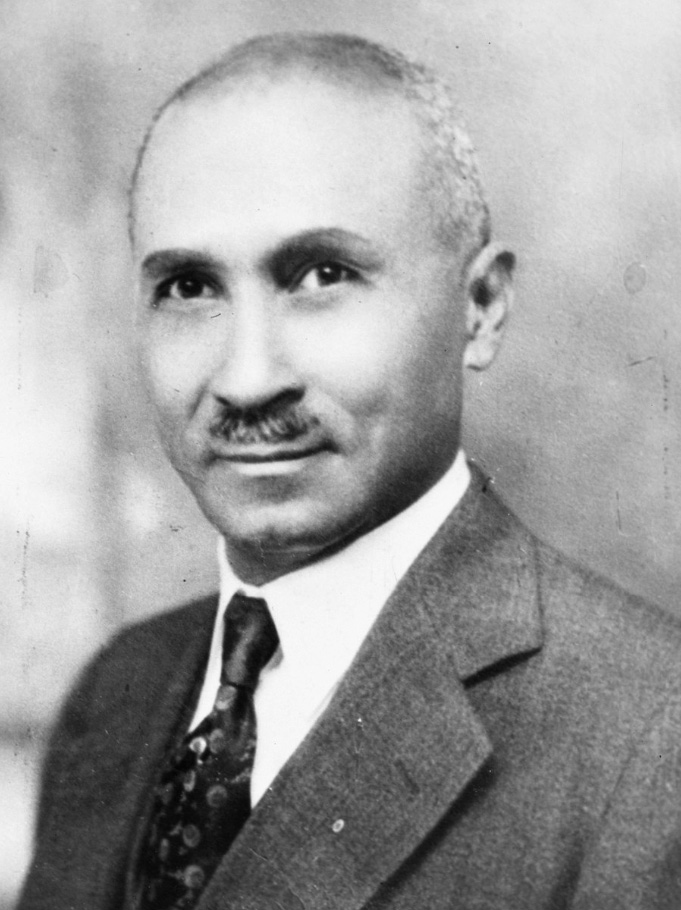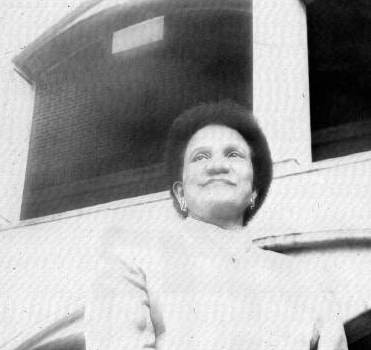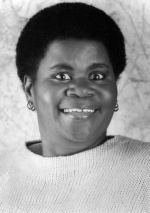DrBanneker
Space is the Place
Mary Holmes College
West Point, Mississippi
1892-2005
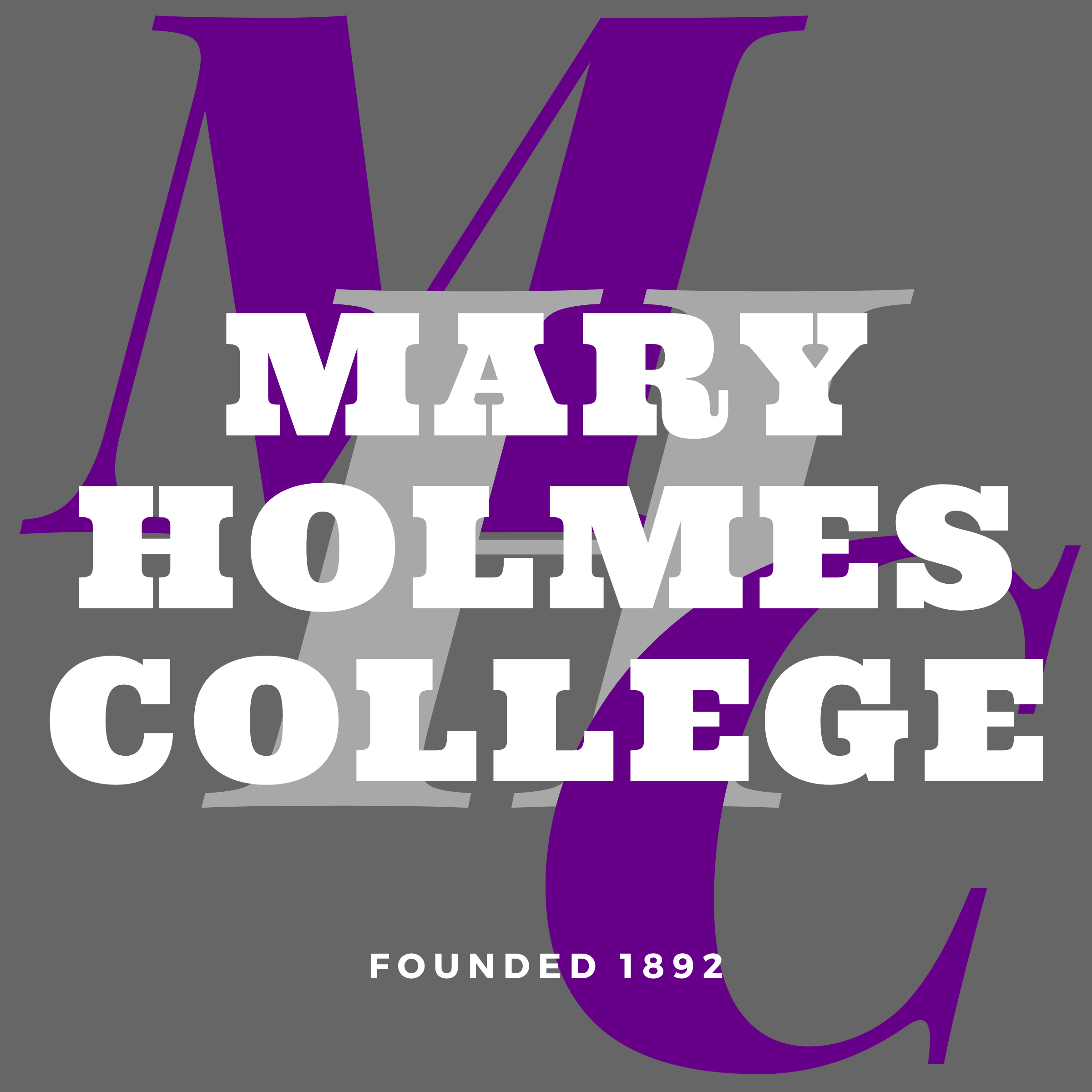

Mary Holmes College was a two-year coed college in West Point, Mississippi. It was founded by a White Presbyterian Minister - Rev. Mead Holmes and his daughter Mary Emilie Holmes as an institute for Black women to train them in homemaking and religion. It was basically a combined elementary school and high school until 1932 when it became a two-year college to train both Black men and women teachers. It never became a full four-year college but had relationships with several four year colleges that it helped its students transfer to in order to gain four year degrees. In the 1960s it often met friction with state leaders who suspected it as a center for Civil Rights 'agitation'. They blocked its funds for expansion to 2,000 students (it was at 400 in the 60s). After integration, it increasingly had trouble retaining students and funding. In the 1990s is had around 800 students but lost accreditation in 2002 and finally shut its doors in 2005.
Selma University
Selma, Alabama
1878-currently on life support

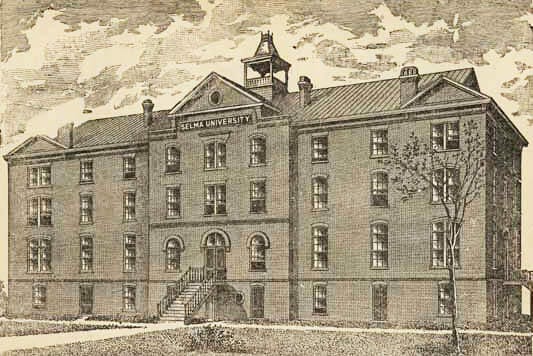
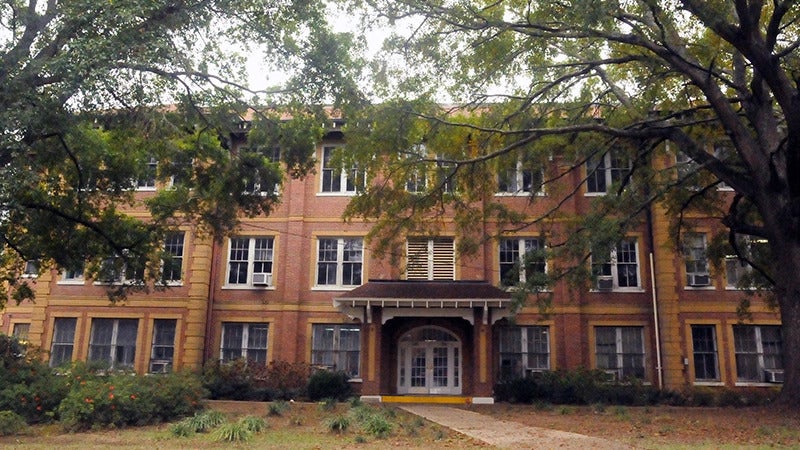
Selma University was founded in 1878 as a Baptist seminary then called the Alabama Baptist Normal and Theological School. It had first been proposed by William McAlpine, a graduate of Talladega College. Its goal was to train ministers and teachers for Alabama's Black community. In the 1920s, the school expanded offerings beyond religion and education to liberal arts and industrial arts programs. At the time it was one of the few Alabama HBCUs that offered liberal arts and had unusual freedom in its course offerings since its primary financial support came from the Black community in Selma and Alabama in general instead of the state or White philanthropists. Selma University was in a large part responsible for creating the educated Black middle class of Selma that supported the Civil Rights movement including the famous march on Edward Pettus Bridge.
It struggled with accreditation and enrollment after the 1960s and though it peaked at around 400 students, it lost accreditation in 1994 and lost most of its enrollment. It survives today as a Bible college but is not listed on the formal HBCU list with the Department of Education due to its loss of accreditation.
Bishop College
Marshall, TX
1881-1988
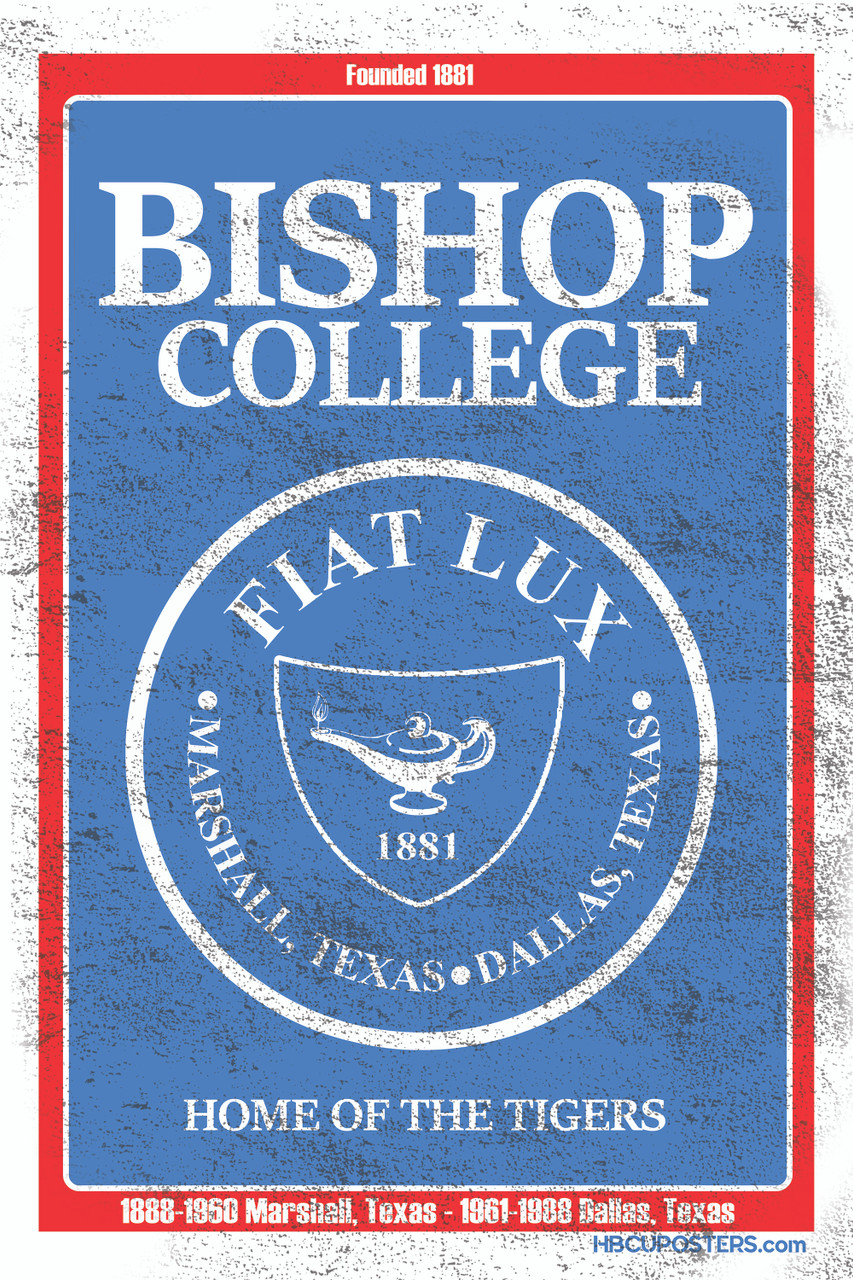
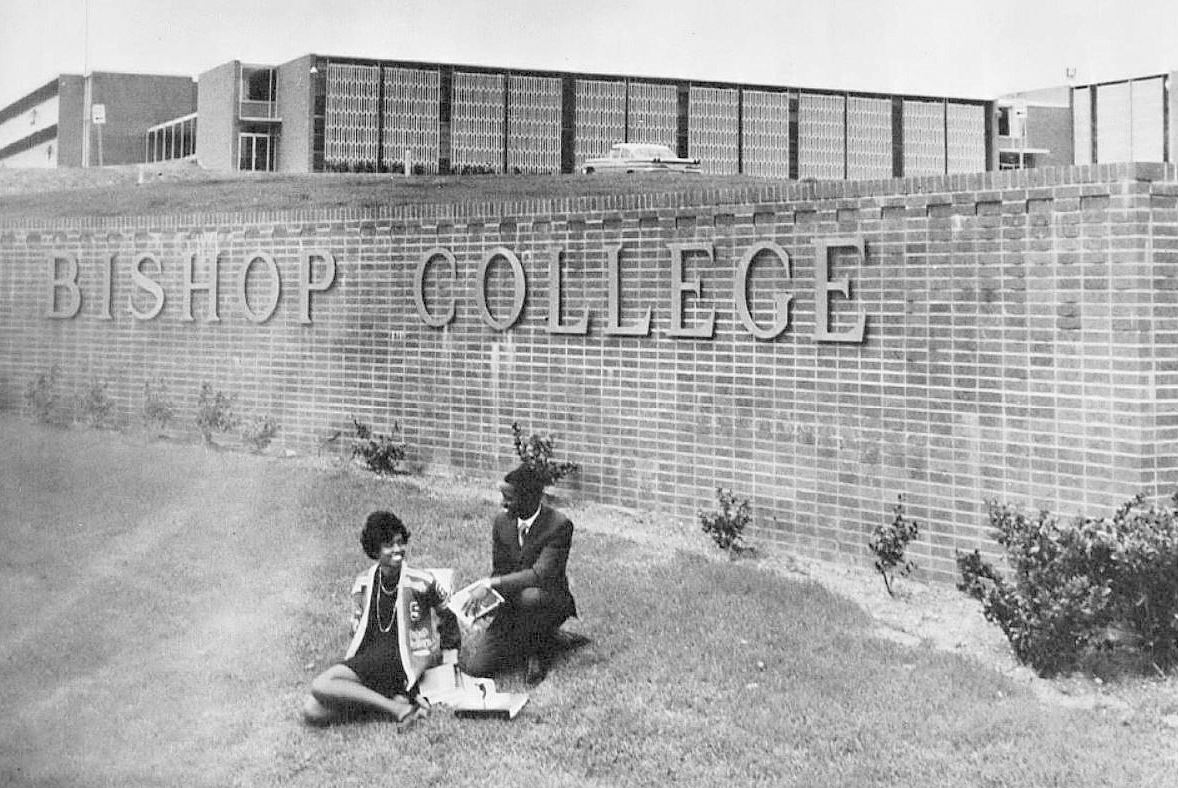
Not to be confused with Bishop State Community College
Bishop College was founded as a Baptist school for Black in East Texas. It was founded in 1881 by Nathan Bishop, a school superintendent from New England. It functioned primarily as a seminary and high school until the 1930s when the high school was phased out. In the 1950s, the educational school was closed and the school was moved in expanded. It included offering majors in twenty different subjects and a large new library funded by the Zale family (of Zale Jewelry fame). It kept its religious instruction and had visits from many famous Black clergy including MLK Jr. and Jesse Jackson. Bishop peaked at almost 1,200 students in the mid 1970s. However its troubles started with accreditation violations including an accusation of interfering in academic freedom by firing a White professor and having students that protested the firing arrested. Over the next decade its status and finances would slip until it finally lost accreditation in 1986 and closed in 1988. Its land and facilities were taken over by Paul Quinn College
Morristown College
Morristown, TN
1881-1994



Morristown College was one of only two HBCUs in East Tennessee, the other being Knoxville College (also closed). Founded in 1881 by the Freedman's Aid Society and the Methodist Episcopal Church. It trained ministers and teachers until it became an industrial and normal school in 1901 and offered many industrial arts. It had one of the largest and best printing operations in the region and trained many Blacks in the trade (see pic above). After WWII it changed to a liberal arts school and peaked in enrollment at almost 450 students in the 1950s. As with many HBCUs it struggled with enrollment and finances after integration losing many students in the 1970s and 1980s and closing its doors in 1988.
Morristown College officially closed in 1988 but from 1989-1994 it was operated as a satellite college of Knoxville College until that college closed as well.
@invalid @MostReal @Originalman @#1 pick @Ziggiy @SupaVillain @Tug life @Idaeo @get these nets @MostReal @Bryan Danielson @Rollie Forbes @Sonic Boom of the South @staticshock @Charlie Hustle @BigAggieLean. @Optimus Prime @How Sway? @DropTopDoc @Anerdyblackguy @EndDomination
West Point, Mississippi
1892-2005


Mary Holmes College was a two-year coed college in West Point, Mississippi. It was founded by a White Presbyterian Minister - Rev. Mead Holmes and his daughter Mary Emilie Holmes as an institute for Black women to train them in homemaking and religion. It was basically a combined elementary school and high school until 1932 when it became a two-year college to train both Black men and women teachers. It never became a full four-year college but had relationships with several four year colleges that it helped its students transfer to in order to gain four year degrees. In the 1960s it often met friction with state leaders who suspected it as a center for Civil Rights 'agitation'. They blocked its funds for expansion to 2,000 students (it was at 400 in the 60s). After integration, it increasingly had trouble retaining students and funding. In the 1990s is had around 800 students but lost accreditation in 2002 and finally shut its doors in 2005.
Selma University
Selma, Alabama
1878-currently on life support



Selma University was founded in 1878 as a Baptist seminary then called the Alabama Baptist Normal and Theological School. It had first been proposed by William McAlpine, a graduate of Talladega College. Its goal was to train ministers and teachers for Alabama's Black community. In the 1920s, the school expanded offerings beyond religion and education to liberal arts and industrial arts programs. At the time it was one of the few Alabama HBCUs that offered liberal arts and had unusual freedom in its course offerings since its primary financial support came from the Black community in Selma and Alabama in general instead of the state or White philanthropists. Selma University was in a large part responsible for creating the educated Black middle class of Selma that supported the Civil Rights movement including the famous march on Edward Pettus Bridge.
It struggled with accreditation and enrollment after the 1960s and though it peaked at around 400 students, it lost accreditation in 1994 and lost most of its enrollment. It survives today as a Bible college but is not listed on the formal HBCU list with the Department of Education due to its loss of accreditation.
Bishop College
Marshall, TX
1881-1988


Not to be confused with Bishop State Community College
Bishop College was founded as a Baptist school for Black in East Texas. It was founded in 1881 by Nathan Bishop, a school superintendent from New England. It functioned primarily as a seminary and high school until the 1930s when the high school was phased out. In the 1950s, the educational school was closed and the school was moved in expanded. It included offering majors in twenty different subjects and a large new library funded by the Zale family (of Zale Jewelry fame). It kept its religious instruction and had visits from many famous Black clergy including MLK Jr. and Jesse Jackson. Bishop peaked at almost 1,200 students in the mid 1970s. However its troubles started with accreditation violations including an accusation of interfering in academic freedom by firing a White professor and having students that protested the firing arrested. Over the next decade its status and finances would slip until it finally lost accreditation in 1986 and closed in 1988. Its land and facilities were taken over by Paul Quinn College
Morristown College
Morristown, TN
1881-1994



Morristown College was one of only two HBCUs in East Tennessee, the other being Knoxville College (also closed). Founded in 1881 by the Freedman's Aid Society and the Methodist Episcopal Church. It trained ministers and teachers until it became an industrial and normal school in 1901 and offered many industrial arts. It had one of the largest and best printing operations in the region and trained many Blacks in the trade (see pic above). After WWII it changed to a liberal arts school and peaked in enrollment at almost 450 students in the 1950s. As with many HBCUs it struggled with enrollment and finances after integration losing many students in the 1970s and 1980s and closing its doors in 1988.
Morristown College officially closed in 1988 but from 1989-1994 it was operated as a satellite college of Knoxville College until that college closed as well.
@invalid @MostReal @Originalman @#1 pick @Ziggiy @SupaVillain @Tug life @Idaeo @get these nets @MostReal @Bryan Danielson @Rollie Forbes @Sonic Boom of the South @staticshock @Charlie Hustle @BigAggieLean. @Optimus Prime @How Sway? @DropTopDoc @Anerdyblackguy @EndDomination
Last edited:
